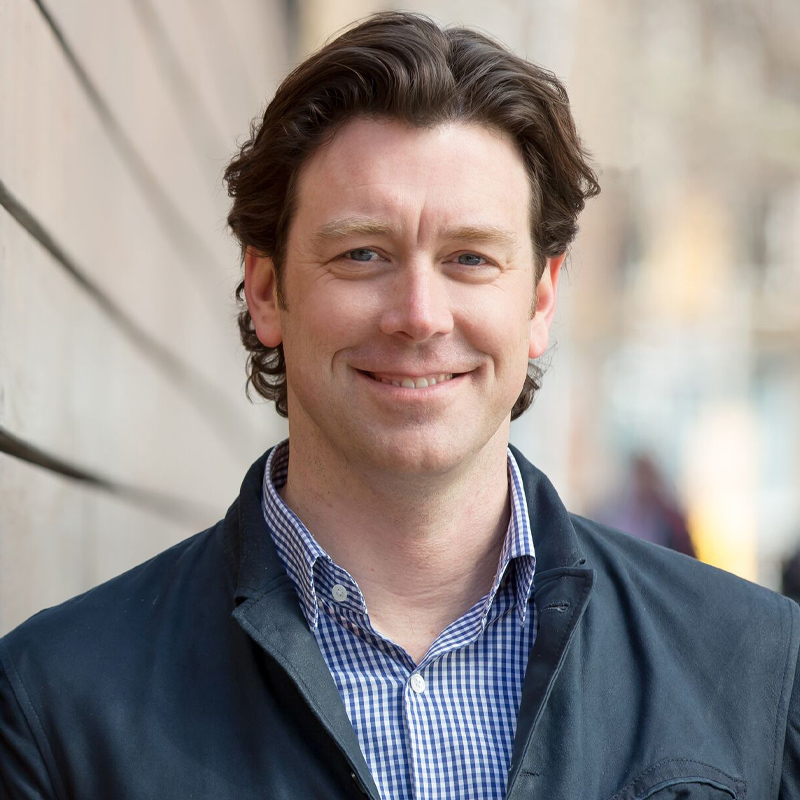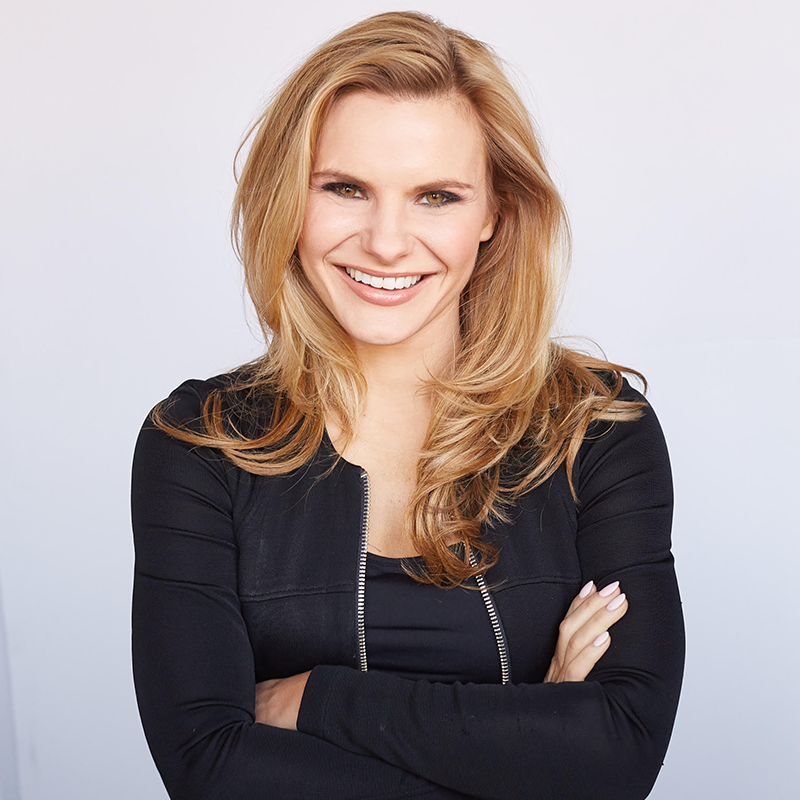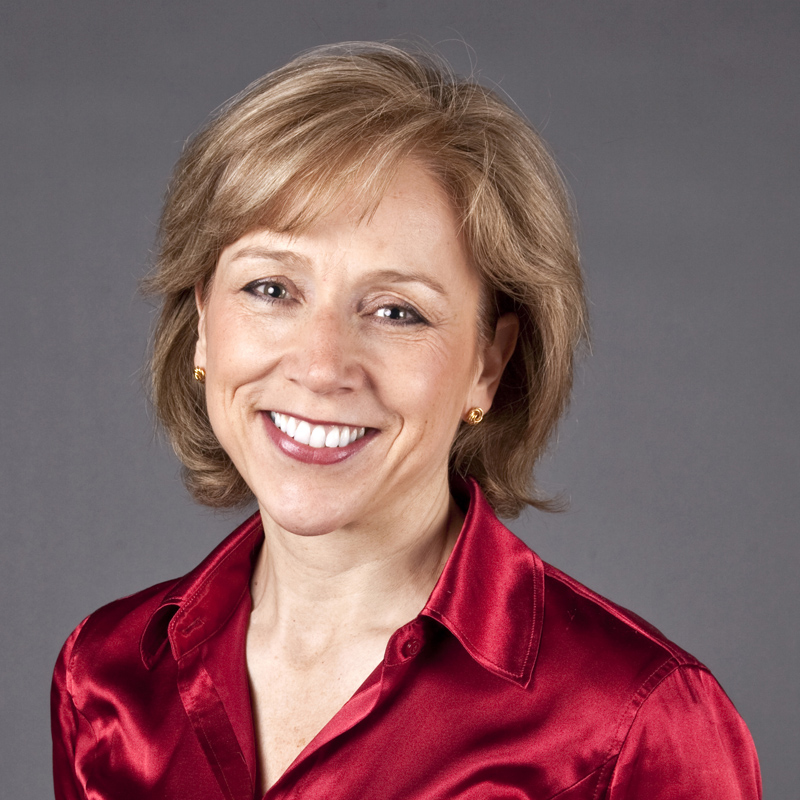Luke Vigeant Is Out to Change Canadian Health Care for the Better
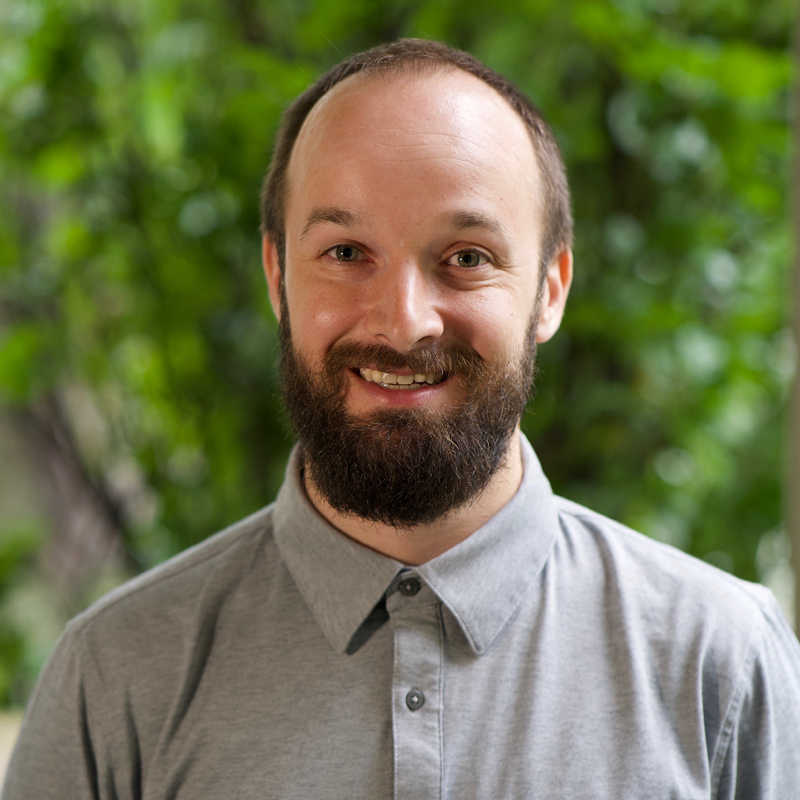
Canadian Business relaunched this month, building on its platform as a trusted media brand and social network for the country’s fastest growing companies and their innovative leaders, who are changing Canada for the better.
Canadian Business gives these leaders — and those who want to learn from them — the resources, networking opportunities and inspiration to innovate, connect and continue to challenge the status quo. One of the ways we are doing this is through launching the Canadian Business entrepreneur-in-residence program where each month we engage with a different entrepreneur building an impactful business in Canada. As part of the program, readers will have the chance to connect with these progressive-minded business execs for mentorship and professional development through exclusive content, virtual fireside chats and more.
Joining us this month is Luke Vigeant, president of Inkblot Therapy, a video counselling and employee wellness platform that matches patients with therapists based on their specific mental-health needs. Here, he chats with writer Katie Underwood about his entrepreneurial beginnings, and how to separate the good ideas from the not-so-good ones.
How are you holding up during the pandemic? How has business changed?
Well, we’ve tripled our headcount as of next month. So if you think about it, two-thirds of the team that is essential to scaling our business has never met in person. We’re also doing 10 times more business than we were prior to the pandemic to support the increasing demand for mental-health services. We also sold the company to Green Shield Holdings Inc. during this time to lead their frontier in digital health. I snuck a baby somewhere in there as well. My daughter, Pearl, was unintentionally born in the bathroom upstairs. But that’s a whole separate story.
What made you decide to enter the entrepreneurial sphere? What qualities make a person uniquely suited for that style of work?
When I got married, my mom gave a speech and the beginning of it was, “Luke struggles, then he thrives.” That’s an insight that she’s always had on me, and she’s a venture-backed entrepreneur as well.
I was recruited by IBM in my third year at St. Francis Xavier to be in corporate consulting. Even though I loved the people, I realized I was working on small pieces of big problems, and I wanted to work on the whole. So ultimately, I quit and moved into my Volkswagen Rabbit.
For about a year, I visited every state, province and territory, and I met a bunch of entrepreneurs to see what people were building. I found someone to show me the ropes of starting a company — like raising capital and building a product team — and they wrote me a cheque to start my first and second businesses. We kind of built Inkblot off the sides of our desks, just as a social good, and I moved over from this being a side project to my full-time job in 2019.
I think it’s about being really comfortable in the struggle — seeing where you’re going and how hard it’s going to be. Even when the company only had a couple of months of runway left, and no investors wanted to talk to us, it all just felt too important to walk away from. So I can see the benefit of going through this, even though the people that I left at IBM are now buying cottages, and I’m still buying a used minivan off of Kijiji.
As an entrepreneur, how do you decide which concepts are worth creating and bringing to market?
I think my sweet spot as an entrepreneur is aligning myself with someone that has detailed exposure to and understanding of a problem I have less insight on. What I’m good at is then triaging the hundreds of ideas that I’ve been pitched to work on that I can edge forward. Inkblot is about mental health, so I absolutely care about fixing that. Then it’s, How can I move this from a loose, two-sentence email into a fully fledged business? How can I wrap a model around it? Or build a product around it?
Can you explain how startups are disrupting the existing health sector? What gaps are in need of filling in Canada — a country widely revered for its health system?
The main area we play in is employer-sponsored benefits. Employee assistance programs (EAPs) are the predominant mental health benefit purchased for Canadians. So you call a phone number, and then someone determines whether you receive care, and then you get referred out for an allotment of hours. Sometimes, the person you called on the phone might have been incentivized to push you away from talk therapy, and instead maybe get you a workbook. I just don’t think a publicly traded company should have the largest shareholder of mental-health support, or be the predominant support system for mental health and Canadians. Plus, people don’t largely know how to use their EAP. And when they do, it’s not a friendly experience.
We want to figure out how to get employees to actually use their EAP and one that allows them to continue to see the counsellor they’ve built a great therapeutic relationship with, even if they leave the company. So in a world where most mental health benefits are being provided by companies, there’s huge room to improve. People need care, and system navigation can be a nightmare. We’ve got great health care in Canada, but mental health takes too much time to access. And with mental health, taking a long time to access care isn’t good.
Is there anything lost in the migration towards more remote systems of patient care? How is Inkblot achieving this?
There are plenty of studies that show virtual counselling is just as effective as in-person counselling and we’re seeing that at Inkblot with our users. While certain elements of in-person therapy might be lost, the gains are a definite countermeasure. Your practitioner is so important, and our system matches you with the counsellor that’s most able to improve your health outcome. Anything lost by not being there in-person, we make up by providing you with the counsellor that’s your best bet in the area we’re allowed to match you with.
Say you’re having gender-identity issues in North Bay: If that specialization in care isn’t prevalent in the community you live in, isn’t it awesome that there’s a place you can go to that matches your [concern]? If we could teleport everyone to be the closest therapist to you, maybe it would be better but we have empirical evidence of our system working based on user scores. It also feels pretty awesome to know that as a company, we have permission and budget and buy-in to build the mental-health product Canadians need as opposed to the one with the highest margins.
As an entrepreneur, you seem to have a wide range of interests. What industries would you like to be a part of disrupting next? Are there any products or initiatives that you are particularly excited about?
I think my likely next act — maybe in 10 years — is triaging 100 more pitches for things that people want to build, and trying to align myself with the one I think I can be most helpful with. Right now, we’re pretty in-market with EAP. Last week, Green Shield announced that we’re their preferred EAP carrier moving forward. So that’s pretty big. And we believe in our digital-first approach, with a genuine desire to help people feel better from day one, so we’re still disrupting there. We’re going to continue to branch more and more into healthcare. Inkblot will be a top-three digital-health company in Canada in the next five years. Our overarching goal by 2025 is to be doing as few handoffs as possible — that goes for prescriptions, talk therapy, EAP and some collaborative care. There’s such an appetite to build that. And it’s completely needed.
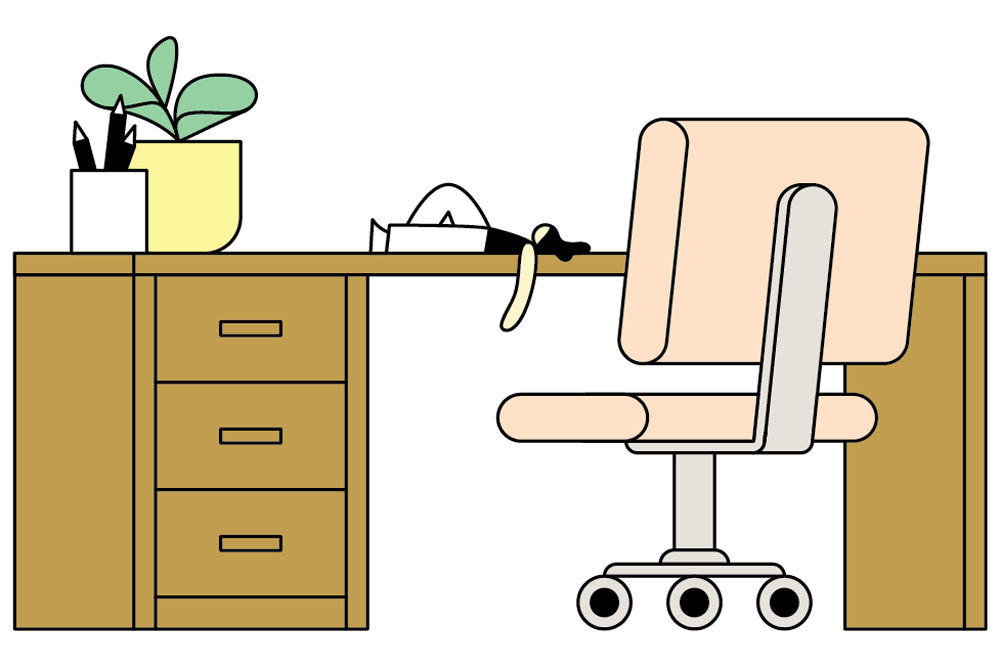
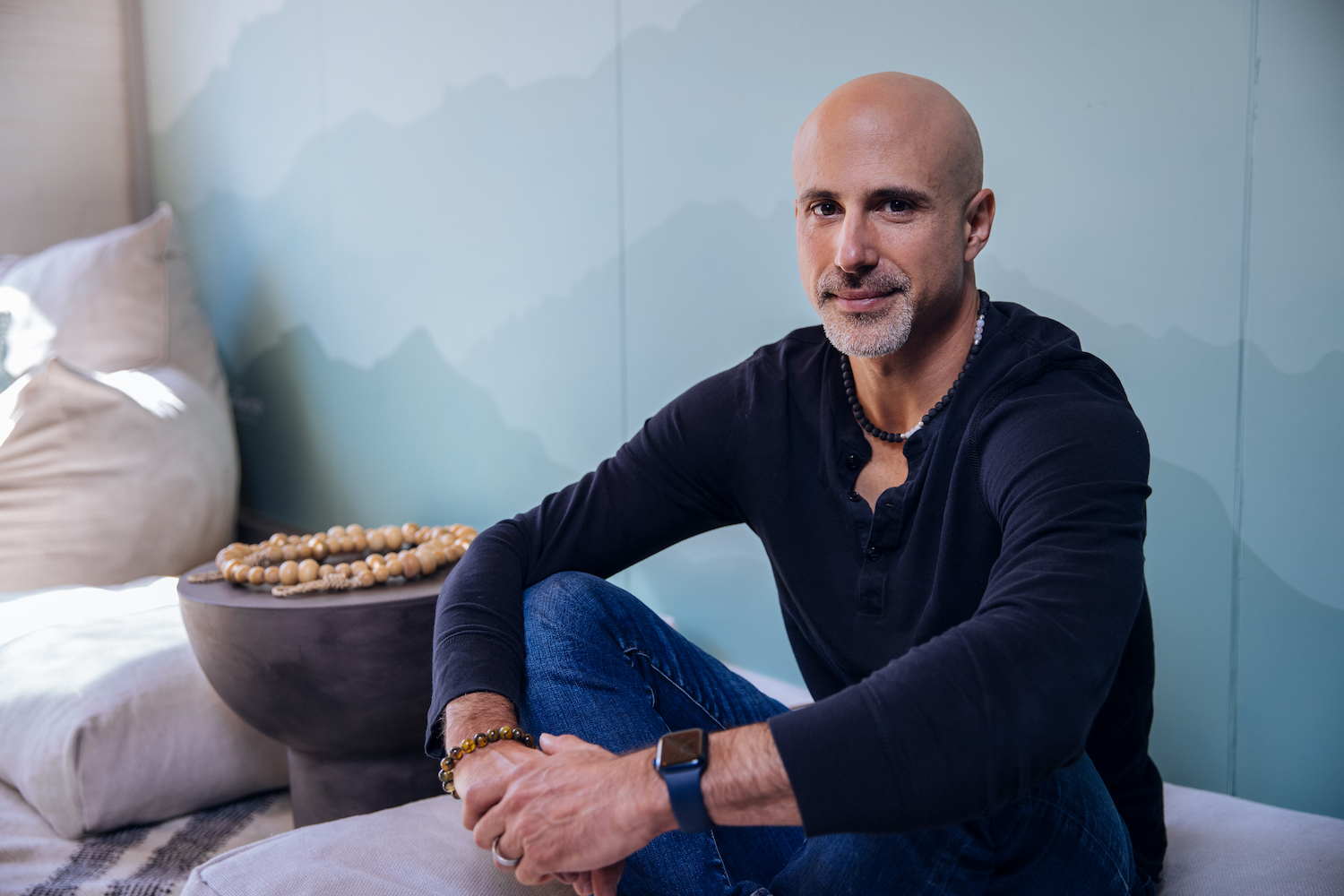


![CB-800x800_0000s_0006_IMG_1010[2]](https://canadianbusiness.com/wp-content/uploads/2021/10/CB-800x800_0000s_0006_IMG_10102.jpg)


